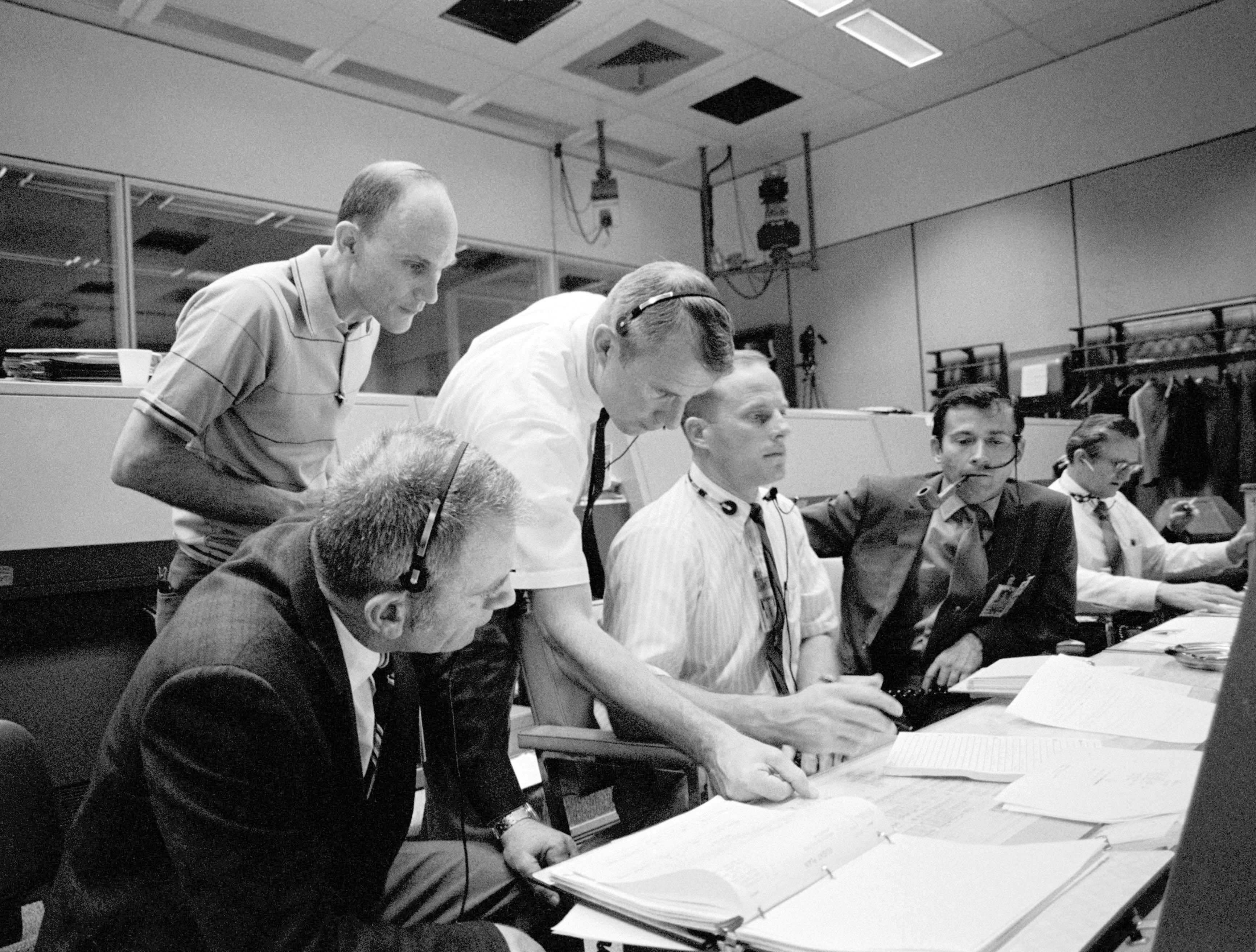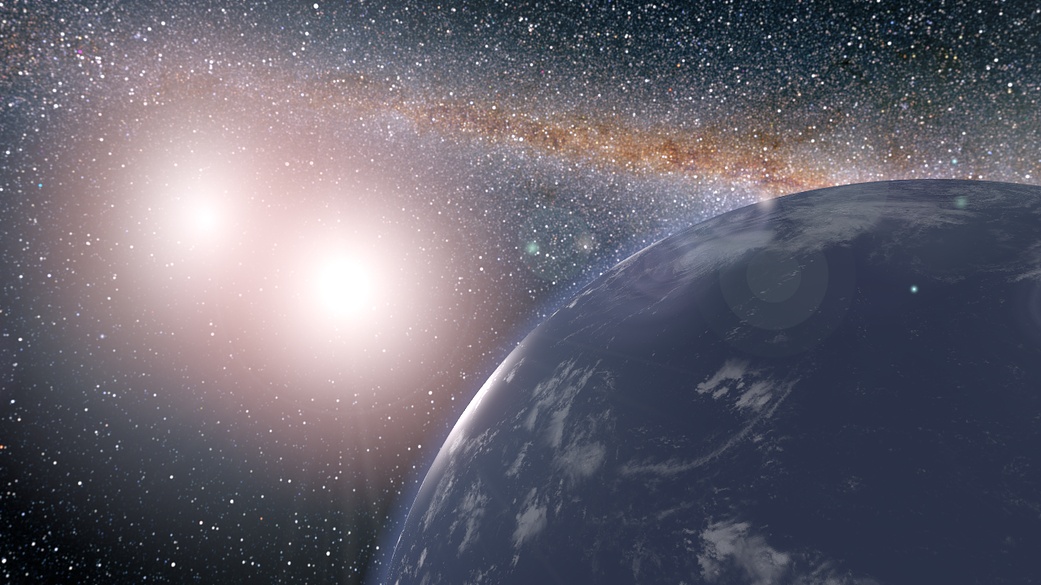What was it like to work on Apollo 13? Mission engineers to recall the hair-raising flight in webcast today.
Tune in to "Splashdown! A discussion with the engineers who helped bring Apollo 13 home."

Breaking space news, the latest updates on rocket launches, skywatching events and more!
You are now subscribed
Your newsletter sign-up was successful
Want to add more newsletters?

Delivered daily
Daily Newsletter
Breaking space news, the latest updates on rocket launches, skywatching events and more!

Once a month
Watch This Space
Sign up to our monthly entertainment newsletter to keep up with all our coverage of the latest sci-fi and space movies, tv shows, games and books.

Once a week
Night Sky This Week
Discover this week's must-see night sky events, moon phases, and stunning astrophotos. Sign up for our skywatching newsletter and explore the universe with us!

Twice a month
Strange New Words
Space.com's Sci-Fi Reader's Club. Read a sci-fi short story every month and join a virtual community of fellow science fiction fans!
Fifty years after Apollo 13, you can hear NASA's Apollo engineers discussing live what it was really like to work at the agency during one of its most hair-raising missions.
The live broadcast, titled "Splashdown! A discussion with the engineers who helped bring Apollo 13 home," will begin today (April 17) at 2 p.m. EDT (1800 GMT) — almost exactly 50 years after the Apollo 13 mission returned to Earth. The three-person crew of Apollo 13 safely splashed down in the Pacific Ocean on April 17, 1970, at 2:07 p.m. EDT (1807 GMT).
The webcast will be hosted by author John Rocco, who most recently wrote and illustrated the book "How We Got to the Moon," (Random House Children's Books, 2020). Joining Rocco will be Ed Smith, chief engineer for the Apollo command and service module; Don Rethke, an Apollo lunar module life support systems engineer; and Chuck Lowry, an Apollo parachute system designer. You can watch the discussion live on YouTube here or register here to be a part of the live discussion on Zoom here.
Related: NASA's Apollo 13 mission of survival in pictures
The three retired engineers will talk about their experiences working behind the scenes at NASA during the harrowing Apollo 13 mission, when three astronauts almost didn't make it back to Earth alive.
Apollo 13 was chock-full of difficulties and obstacles. Following an oxygen tank explosion 56 hours into what was supposed to be a lunar landing mission, NASA's mission controllers, engineers and the Apollo 13 astronauts themselves — Jim Lovell, Jack Swigert and Fred Haise — had to fly into action to bring the astronauts safely back home to Earth.
This past week, people around the world have been remembering and celebrating the mission, which has famously been known as a "successful failure." While the Apollo 13 astronauts never landed on the moon, the ingenuity from everyone who supported the mission at NASA and their ability to bring the crew back home alive and safe remains remarkable.
Breaking space news, the latest updates on rocket launches, skywatching events and more!
Rocco's "How We Got to the Moon" will be released on Oct. 6.
- Apollo 13 timeline: The hectic days of NASA's 'successful failure' to the moon
- Apollo 13 50th anniversary exhibit to launch new space rental service
- Watch NASA's 'Home Safe' documentary and more
Follow Chelsea Gohd on Twitter @chelsea_gohd. Follow us on Twitter @Spacedotcom and on Facebook.
OFFER: Save 45% on 'All About Space' 'How it Works' and 'All About History'!
For a limited time, you can take out a digital subscription to any of our best-selling science magazines for just $2.38 per month, or 45% off the standard price for the first three months.

Chelsea “Foxanne” Gohd joined Space.com in 2018 and is now a Senior Writer, writing about everything from climate change to planetary science and human spaceflight in both articles and on-camera in videos. With a degree in Public Health and biological sciences, Chelsea has written and worked for institutions including the American Museum of Natural History, Scientific American, Discover Magazine Blog, Astronomy Magazine and Live Science. When not writing, editing or filming something space-y, Chelsea "Foxanne" Gohd is writing music and performing as Foxanne, even launching a song to space in 2021 with Inspiration4. You can follow her on Twitter @chelsea_gohd and @foxannemusic.

